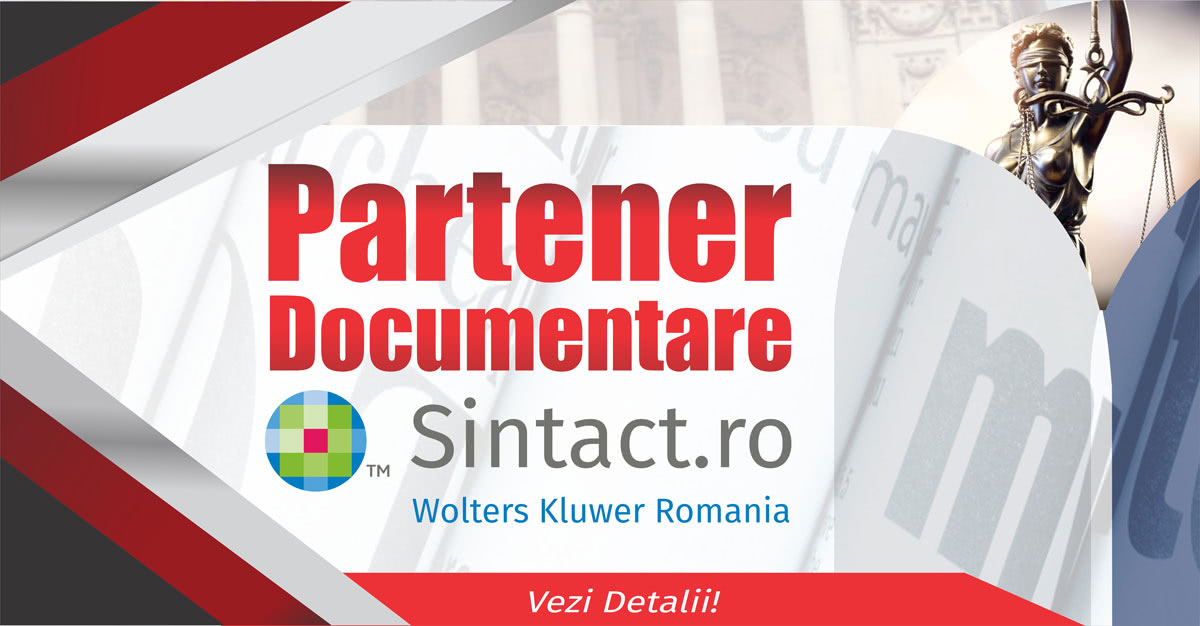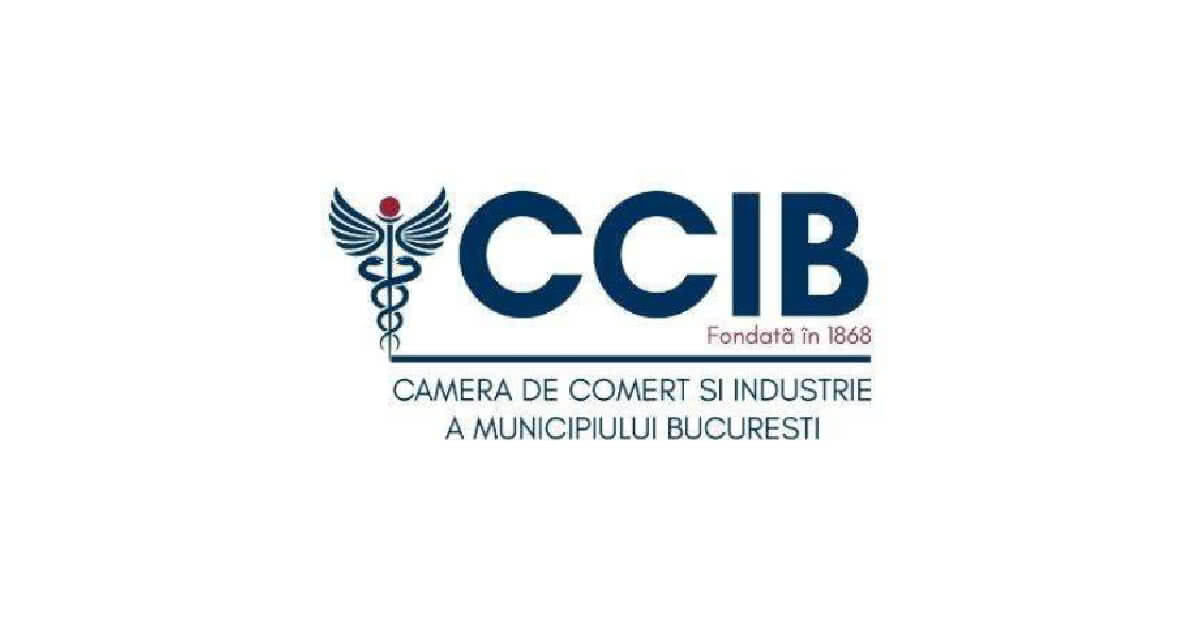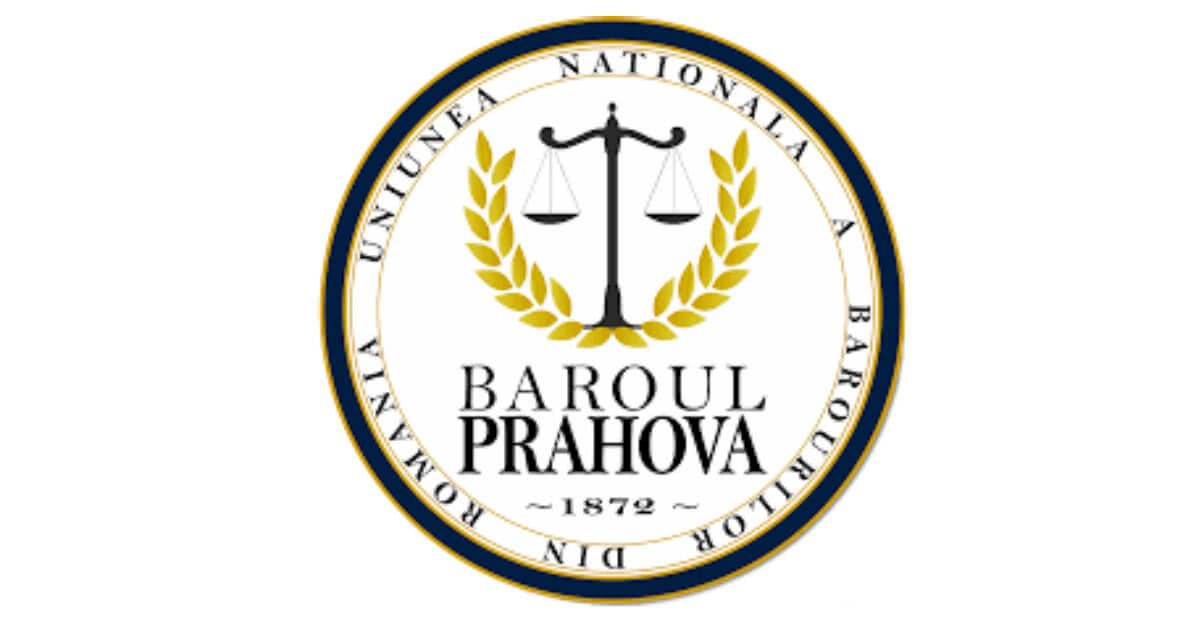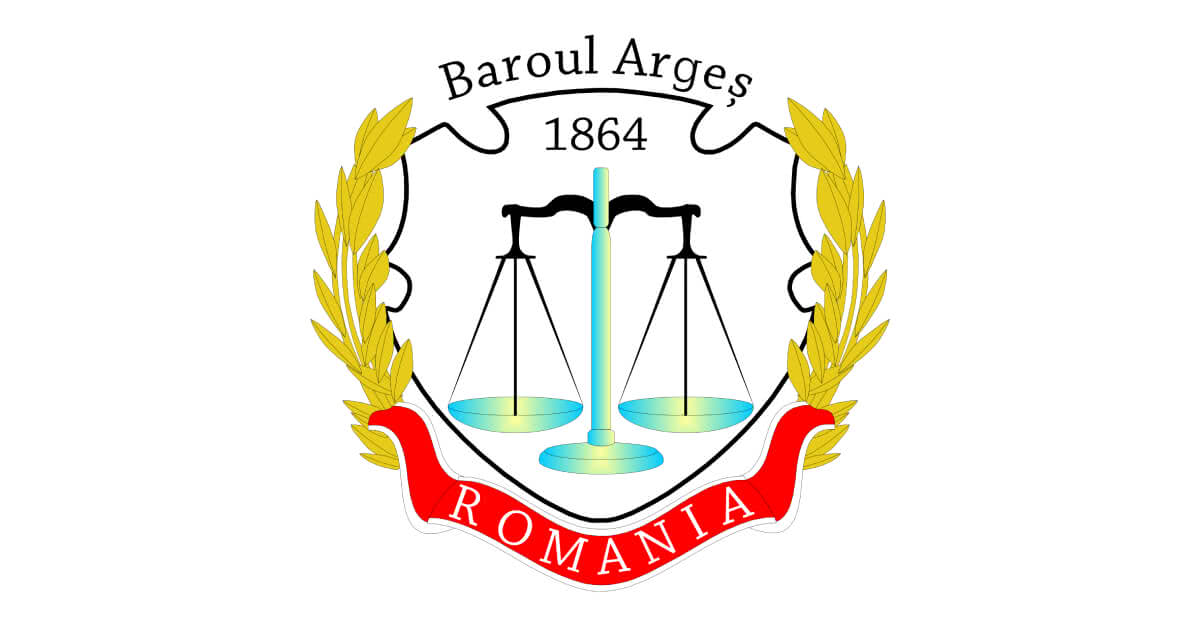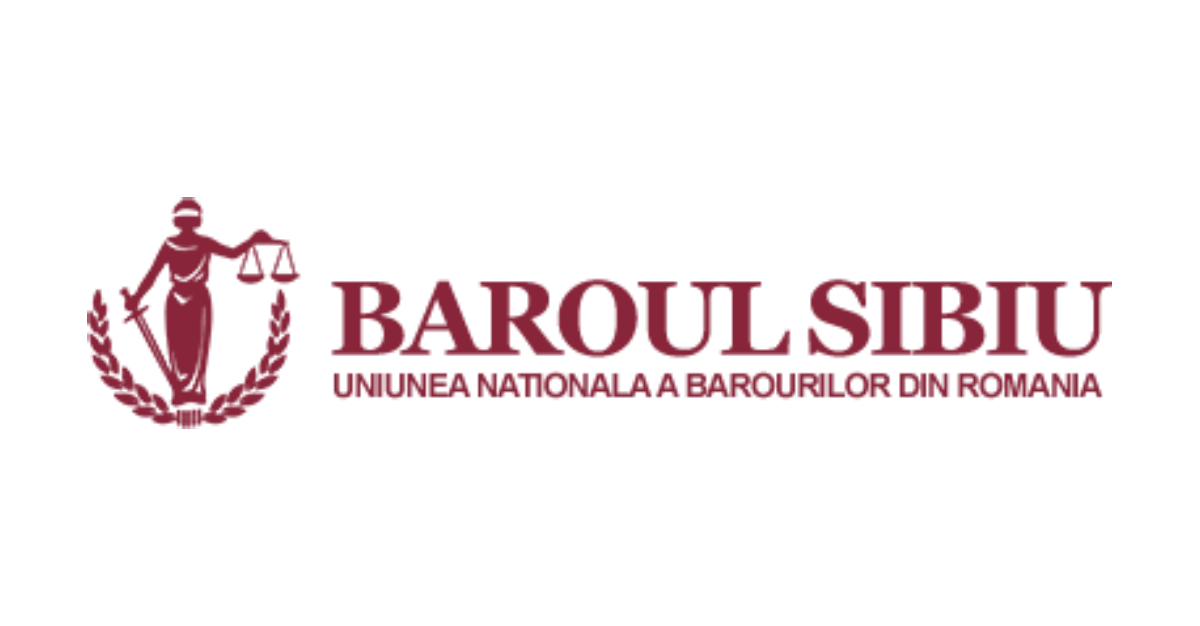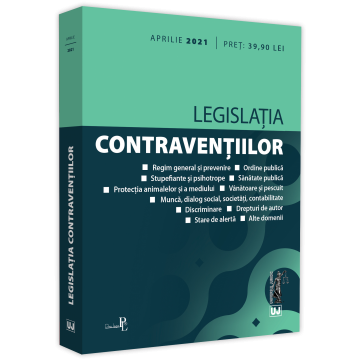International cooperation in the field of insolvency. A judicial perspective
Universuljuridic.ro PREMIUM
Aici găsiți informaţiile necesare desfăşurării activităţii dvs. profesionale.
Universuljuridic.ro PREMIUM pune la dispoziția profesioniștilor lumii juridice un prețios instrument de pregătire profesională. Oferim un volum vast de conținut: articole, editoriale, opinii, jurisprudență și legislație comentată, acoperind toate domeniile și materiile de drept. Clar, concis, abordăm eficient problematicile actuale, răspunzând scenariilor de activitate din lumea reală, în care practicienii activează.
Testează ACUM beneficiile Universuljuridic.ro PREMIUM prin intermediul abonamentului GRATUIT pentru 7 zile!
5.1.2. Effects
– interim relief – may include the stay of local execution proceedings, the possibility for foreign representative to administer or realise debtor’s local assets, for the protection or preservation of the assets value, the suspension of the right of the debtor to transfer assets;
– automatic and immediate stay of individual actions, proceedings, executions, transfers or assets dispositions, in the case of foreign main proceeding recognition (article 20);
– limited relief, applicable to assets which should be administered in the case of foreign non-main proceedings recognised, according to local regulations;
– foreign representative’s right to participate in any proceedings in which the debtor participates, in the conditions of local law.
It was affirmed in the doctrine the idea that the UNCITRAL Model Law on Cross-border Insolvency should be embedded in the European Regulation, with the arguments that its system of recognition is capable to ensure the protection of all parties’ interests. In other opinion[42], this measure would be an error. The explanation is that several member states has already established a framework for international insolvency law in relation to non-EU states, with significant differences, and a Directive would be the proper instrument for harmonization of the laws of the member states in relation to other proceedings.
5.2. European Union
5.2.1. Principle
The applicable principle is that any judgment opening insolvency proceedings by a court of a member state with jurisdiction according to article 3 of Regulation 2015/848 shall be recognised in all other member states. Courts have no discretion to change the recognition, having regard to the principle of express automatic recognition.
The centre of main interest and the establishment are key concepts in the EU Regulation. The European Court of Justice established in Re Eurofood IFSC (2006) 1 Ch 508 that COMI must be identified by reference to criteria that are both objective and ascertainable, in order to establish the court with jurisdiction to open insolvency proceedings. As General rule, any decision opening an insolvency proceeding by a court of a member state competent is recognized in all other member states as soon as it takes effect in the State of opening. Recognition of the main proceedings does not prevent the opening of secondary proceedings by a court in another member state[43].
5.2.2. Exceptions
Any member state may refuse to recognize insolvency proceedings opened in another member state or to enforce a judgment given in such proceedings if recognition or enforcement would be manifestly contrary to public policy in that State, in particular its fundamental principles or rights; and the individual freedoms guaranteed by the Constitution [article 33 of Regulation (EU) 2015/848]. By analysing the EU Insolvency Regulation provisions, it can be concluded that is less possible refusal of recognition for motives other than „public policy”. Any member state may refuse to recognise insolvency proceedings opened in another member state or to enforce a judgment where they would be manifestly contrary to that State’s public policy, its fundamental principles or the constitutional rights and liberties[44].
There are exceptional cases, according to the case C-7/98, EU: C: 2000: 164, 19.21, Krombach[45]: „an unacceptable interference with the legal order of the state in which enforcement is requested, so that a fundamental principle is violated”. The infringement should constitute „a manifest breach of a rule of law considered essential in the legal order of the member state in which enforcement is sought or a right recognized as fundamental in that legal order”[46]. Some examples can be emphasized: the right to a fair trial, the right to be notified, the right to be heard, the right of creditors/their representatives to participate in the agreement, the principle of equality of arms, judgment that could lead to a limitation of individual liberty or the secrecy of correspondence. One example we can find in the Daisytek CA Versailles 2003 case[47]. There are no reasons for public order issues as jurisdiction or the quality of the debtor.
5.2.3. The effects of recognition
The decision opening the main proceedings produce without any additional formalities in the other member state the effects which the law of the State of the opening of proceedings provides to it, unless otherwise provided in the Regulation and as long as it is not open in the other member state a secondary procedure. The effects of the secondary procedure cannot be contested in other member states. Any limitation on creditors’ rights, a suspension of payment or debt remission, may be opposed in respect of goods located in the territory of another member state only if the creditors concerned have expressed their consent[48].
Recognition and enforceability of other judgments. Judgments handed down by the court of the opening of proceedings, concerning the course and closure of insolvency shall also be recognised with no formalities (article 19, 32) and shall be enforced in accordance with article 32 to 52, except for article 33. This principle shall also apply to judgements deriving directly from the insolvency proceedings and which are closely linked with them, even if they have been pronounced by other court, to decisions on the conservation measures adopted after the application for insolvency proceedings. The recognition and enforcement of other judgments are governed by the Regulation (CE) 2001/44 [actual Regulation (UE) 2012/1215].
Observations. In the application of the article 19 (1) and 32 of the Recast Regulation, the judgment opening insolvency in a member state is to be recognised in Romania automatically, produces the same effects as under the law of the state of the opening of proceedings. This is the expression of mutual trust principle between the member states[49]. The foreign liquidator may exercise all powers conferred to him by the law of the member state of the opening of the proceedings and remove the debtor assets from the territory of the MS in which they are situated. There are not allowed local enforcement measures relating to the debtor assets situated in Romania, if the foreign law which governs the treatment of assets situated in other MS, doesn’t regulate such measures[50].
5.3. Domestic provisions
Law no. 85/2014 completed, if compatible, with the provisions of book VII of the Civil Code provisions on private international law.
5.3.1. Recognition
In the cases where the Regulation 2015/848 is not applicable, the court shall undertake measures aimed at cooperation and coordination, stipulated in articles 297-299 of the Law no. 2014/85. The duty relating to recognition of foreign proceedings is of the national competent court, considering the international origin of the norm, the need to promote uniformity in its application and the observance of good faith (article 276, 279, 280). Romanian courts may refuse to recognize a foreign procedure or foreign judgment taken in such proceedings, if the decision is the result of fraud committed in the procedure followed abroad or is contrary to the Public Order of Romanian Private International Law (article 278). The procedure will be recognized as foreign main proceedings or foreign non-main proceedings.
5.3.2. Measures for protection of debtor’s assets (article 291-292)
– interim measures, of extreme necessity to protect the assets of the debtor or the interests of creditors;
– in foreign main proceedings: the automatic prevention and suspension of applications and actions, judicial or extrajudicial, claims, operations, other individual measures, regarding property, rights and obligations of the debtor;
– at the request of the foreign representative, the national court may approve any action to safeguard assets of the debtor or the interests of creditors: suspension of shares, of enforcement measures, administration of evidence relating to property, legal documents, rights or obligations, ensuring evidence;
– foreign representative may bring actions for annulment of legal documents signed by the debtor to the detriment of its creditor’s rights, invalidity or unenforceability actions.
5.3.3. Case law
Romania has had limited exposure to cross border insolvency issues and proceedings. Thus, there is still little, if any, court practice on the subject. In the case 2051/107/2015, on 25 june 2015, Alba Tribunal dismissed as being without interest the application of the creditor for issuance of the European Enforcement order on civil sentence no. 287/F/2013 in compliance with article 17, 25 of Regulation 1346/2000. In the sentence no. 51/dated 29.03.2010, Sibiu Tribunal established as inadmissible the application made by the representative of a registered debtor SC Ox SRL, company in the main proceedings for judicial reorganization opened at Paris Commercial Court, for a secondary insolvency proceeding in Romania, with the argument that secondary proceedings can be only winding up proceedings[51]. In the case 4241/93/2013, decision on 23.06.2014, Ilfov Tribunal decided that the creditor application for secondary proceeding under article 3, paragraph 4 of the Regulation 1346/2000 is admissible, but does not fulfill the conditions for opening the proceeding regarding national law, article 1 and 3 section 5 of the Law no. 85/2006. In the case 2774/93/2013, in the public hearing from 24 June 2014, Ilfov Tribunal admitted the application of the foreign representative of ALPINE BAU Gmbh Austria for secondary winding up proceeding, under article 3 paragraph 2 of the Regulation 1346/2000[52].
6. Procedural issues[53]
6.1. Object of verification: judicial competence; the applicability of international rules in time, by territory and by matter; steps to be taken
Cross-border litigations involve the determination of the court competent to settle the dispute (jurisdiction in private international law), the identification of the applicable procedural law and then resolving the conflict of laws (determining the applicable law to the concrete relationship)[54]. The judge seized with an application involving international elements, must solve the conflicts of jurisdiction and then the conflict of laws based on the rules of private international law. Elements object of verification are the applicability „ratione temporis”; the applicability „ratione loci”; the applicability „ratione materiae”[55].
[42] I. Fletcher, B. Wessels, Harmonization of Insolvency Law in Europe, Report 2012 Netherlands Association for Civil Law, Deventer: Kluwer 2012, p. 135, ISBN 978-90-13-11144-6).
[43] Regulation EU) 2015/848, article 19.
[44] Regulation (EU) 848/2015, article 33.
[45] In C-7/98 Krombach case, relating to the concept of public policy of a Contracting State, „it is required to review the limits within which the courts of a Contracting State may have recourse to that concept for the purpose of refusing recognition to a judgment emanating from a court in another Contracting State, to situations which infringe a fundamental principle and constitute a manifest breach of a rule of law regarded as essential in the legal order of the State in which enforcement is sought or of a right recognised as being fundamental within that legal order”; http://curia.europa.eu/juris/liste.jsf?language=en&num=C-7/98.
[46] C-7/98, Krombach, EU: C: 2000: 164, 19.21, paragraphs 23 and 37.
[47] Daisytek CA Versailles, 2003. In fact, it is a group of companies placed under Chapter 11 in the US, with a French subsidiary of a British company. The French Court of Appeal examined the ground the British court found for exercising jurisdiction over the French subsidiary. The French Supreme Court observed that workers had not been consulted prior to the insolvency, situation considered a breach of „order public” enough to justify non-recognition of the English judgment. Daisytek CA Versailles 2003, Cour d’appel de Versailles, Audience publique du jeudi 4 septembre 2003, N° de RG: 2003-05038, https://www.legifrance.gouv.fr/affichJuriJudi.do?idTexte=JURITEXT000007053503&dateTexte.
[48] Regulation (EU) 848/2015, article 20.
[49] In this sense, see Case C-341/04 Eurofood IFSC (2006), ECR I-3813, par 40.
[50] See Case C-444/07 MG Probud Gdynia sp.zoo.o, ECLI:EU:C:2010:24, concluding that „articles 3, 4, 16, 17 and 25, must be interpreted as meaning that (…), after the main insolvency proceedings have been opened in a member state the competent authorities of another member state, in which no secondary insolvency proceedings have been opened, are required, subject to the grounds for refusal derived from articles 25 (3) and 26 of that regulation, to recognise and enforce all judgments relating to the main insolvency proceedings and, therefore, are not entitled to order, pursuant to the legislation of that other member state, enforcement measures relating to the assets of the debtor declared insolvent that are situated in its territory when the legislation of the State of the opening of proceedings does not so permit and the conditions to which application of Articles 5 and 10 of the regulation is subject are not met”; http://curia.europa.eu/juris/liste.jsf?language=en&num=C-444/07.
[51] See in Online guide to managing international cross-border insolvency cases, made by The national network of coordinators judges in matters of EU law (EUROQUOD) in The project „Practical exercises in implementing judicial cooperation in civil and commercial matters” (JUST/2013/JCUV/AG/4634) supported by the European Commission (the Specific Programme Civil Justice of the European Union) 2014-2016, coordinated by the Romanian Superior Council of Magistracy, http://www.euroquod.ro/dokuwiki/doku.php?id=dosar_insolventa.
[52] Decisions have not been published; information regarding these decisions were obtained as a judge at Tribunal Ilfov (I pronounced one of decisions); for more information, see http://portal.just.ro/93/SitePages/Dosar.aspx?id_dosar=9300000000007853&id_inst=93; http://portal.just.ro/93/SitePages/Dosar.aspx?id_dosar=9300000000009865&id_inst=93.
[53] Legislation: Codul de procedură civilă (Legea nr. 134/2010); Legea nr. 189/2003 privind asistența judiciară internațională în materie civilă și comercială.
[54] I.P. Filipescu, A.I. Filipescu, Tratat de drept internațional privat, Ed. Universul Juridic, București 2005, p. 422.
[55] For an ample analyse, see EuRoQuod (National Network of Judges acting as court coordinators for EU law), Dosarul de insolventa transfrontaliera, ghid online pentru gestionarea aspectelor internaționale în dosarele de insolvență transfrontalieră, in the project „Practical exercises in implementing judicial cooperation in civil and commercial matters” (JUST/2013/JCUV/AG/4634) supported by the European Commission (the Specific Program Civil Justice of the European Union) and coordinated by the Romanian Superior Council of Magistracy, http://www.euroquod.ro/dokuwiki/doku.php?id=insolventa.




